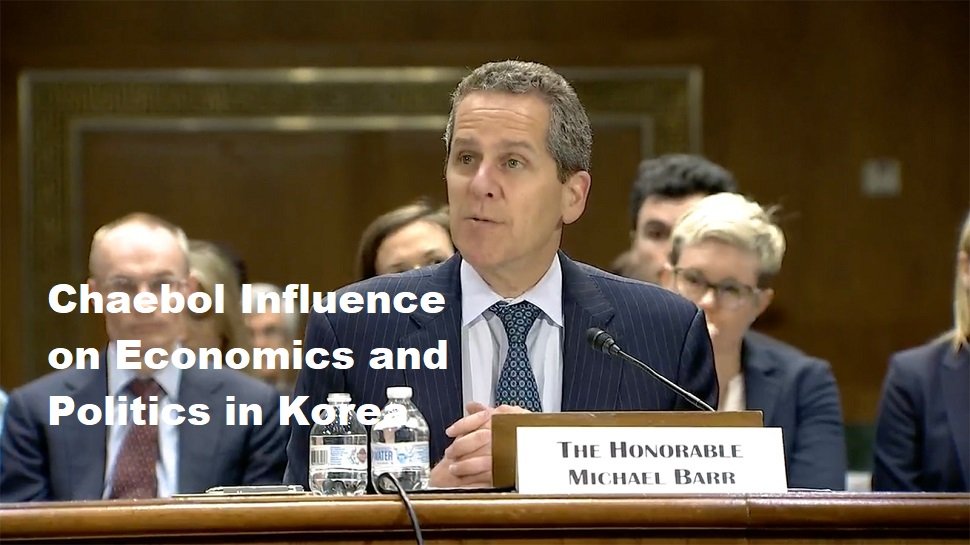Former Uruguayan President José Mujica, affectionately known as “Pepe,” passed away on Tuesday, May 13, 2025, at the age of 89 after a courageous battle with oesophageal cancer. Mujica’s death marks the end of an era for Uruguay and the world, as he was widely regarded not only for his political achievements but also for his humble lifestyle and profound philosophy on life and leadership. His legacy continues to inspire many across the globe who value simplicity, social justice, and genuine public service.
José Mujica’s political journey was remarkable and deeply rooted in his commitment to the people of Uruguay. He served as the country’s president from 2010 to 2015, representing the left-wing Broad Front coalition. During his presidency, Mujica championed progressive reforms that set Uruguay apart on the global stage. Among his most notable achievements were the legalization of marijuana, which aimed to reduce drug-related crime and promote public health, and the legalization of same-sex marriage, reflecting his dedication to human rights and equality. His administration also focused on social welfare programs, poverty reduction, and environmental sustainability, all of which contributed to Uruguay’s reputation as a socially progressive nation.
What truly distinguished Mujica from many other world leaders was his extraordinary personal lifestyle. Despite holding the highest office in the country, he lived modestly in a small farmhouse on the outskirts of Montevideo, driving an old Volkswagen Beetle and donating approximately 90% of his presidential salary to charity. This simplicity earned him the nickname “the world’s poorest president,” a testament to his belief that true wealth lies not in material possessions but in the quality of life and the well-being of one’s community. Mujica’s humility and authenticity resonated deeply with people worldwide, making him a symbol of integrity and selflessness in politics.
In 2024, Mujica publicly announced his diagnosis of oesophageal cancer, a revelation that brought attention to his personal struggle with the disease. Throughout his illness, he maintained the same philosophical outlook that had defined his life. He spoke openly about the inevitability of death, accepting it as a natural part of existence without fear or drama. This acceptance reflected his broader worldview, which emphasized living fully in the present, valuing human connections, and embracing life’s impermanence. His openness about his health challenges further endeared him to supporters and admirers, who saw in him a model of courage and grace.
Mujica’s impact extended far beyond Uruguay’s borders. His leadership style and values influenced political discourse worldwide, inspiring leaders and citizens alike to reconsider the role of government and the meaning of success. He advocated for a politics grounded in empathy, social justice, and environmental stewardship, urging societies to prioritize the needs of the many over the interests of the few. His speeches and writings often reflected a deep concern for the planet and future generations, calling for sustainable development and a more equitable global order.
Beyond his political and philosophical contributions, Mujica was also known for his warmth, humor, and connection to ordinary people. He remained deeply involved in his local community even after leaving office, embodying the principles he espoused throughout his life. His family and close friends remember him as a man of great kindness and resilience, whose life story—from guerrilla fighter to president—was marked by unwavering dedication to his ideals.
In summary, the passing of José Mujica on May 13, 2025, represents a significant loss for Uruguay and the international community. His life was a testament to the power of humility, integrity, and compassionate leadership. Mujica’s legacy challenges current and future generations to rethink what it means to lead and to live with purpose and authenticity. As he once said, “The struggle is to live with dignity, to be happy with little, and to share what you have.” His enduring message will continue to inspire those who seek a more just and humane world.









